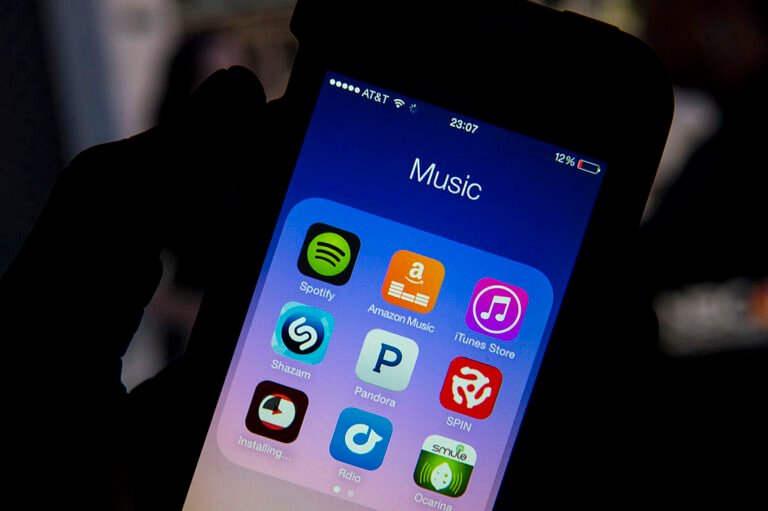
The European Union has fined Apple €1.84 billion for breaching antitrust rules in the market for music streaming services on its mobile platform, iOS.
The penalty is focused on Apple’s application of anti-steering provisions, which put restrictions on music streaming apps’ abilities to tell consumers about cheaper offers outside Apple’s App Store.
The iPhone maker has its own music streaming service, Apple Music, and rivals — such as Spotify — have argued the restrictions put them at a disadvantage compared to the platform operator.
A formal EU statement of objections duly followed, in April 2021, when the Commission accused Apple of operating its App Store in a way that distorts competition in the market for music streaming services.
Last month, the FT reported Apple was facing a €500M antitrust penalty over music streaming.
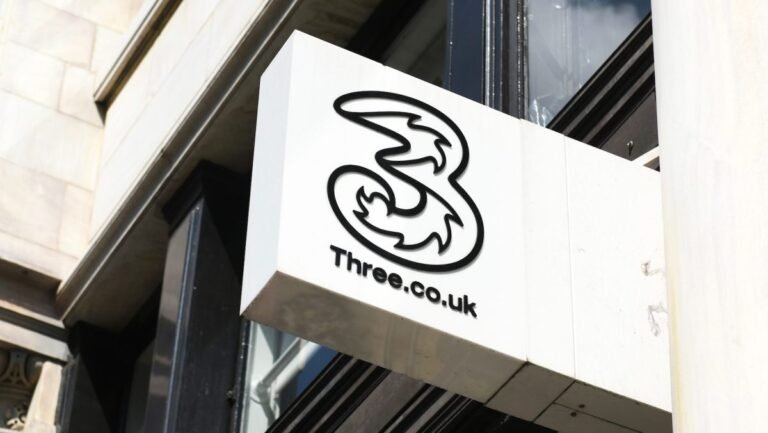
The U.K.’s Competition and Markets Authority (CMA) is launching a formal probe into the proposed merger between Vodafone and Three UK.
That is some 18 months form when they first revealed their plans back in June.
It’s not entirely clear how that might impact this latest merger attempt, but Smith reckons that deal is as good as dead, regardless of what any court might subsequently find.
“The previous Three/O2 merger is still technically going through the EU courts, but that deal is long since dead in reality,” Smith said.
“We strongly believe that the proposed merger of Vodafone and Three will significantly enhance competition by creating a combined business with more resources to invest in infrastructure to better compete with the two larger converged players,” Vodafone UK CEO Ahmed Essam said in a statement.
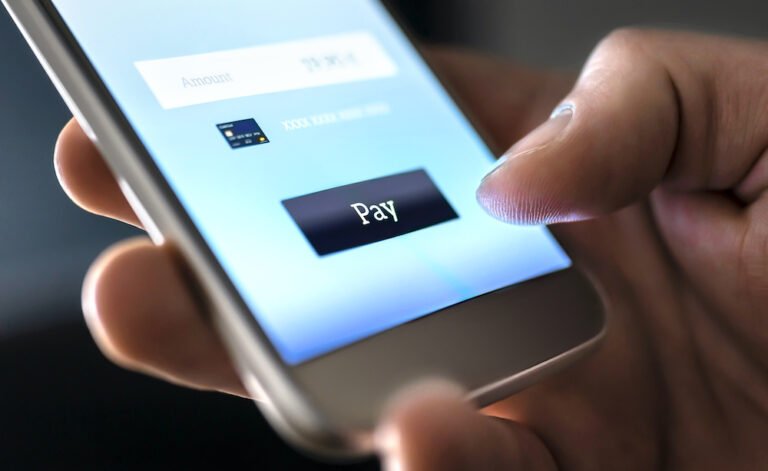
The EU suspects Apple of unfairly favoring its own mobile payment tech, Apple Pay, and squeezing out the ability of rivals to develop competing contactless payment offerings on its mobile platform.
It has also committed to applying “fair, objective, transparent, and non-discriminatory” eligibility criteria to grant NFC access to third parties — which will have to conclude an ADP license agreement to gain access.
The Apple Pay competition saga dates back several years at this point.
The Apple Pay case pre-dates ex ante competition legislation the bloc has since enacted and which Apple is subject to; having been designated, in September, as a so-called “gatekeeper” under the Digital Markets Act (DMA).
And although Apple’s payment tech, Apple Pay, has not been designated a “core platform service” the iOS App Store has.

Venture capitalists and founders were already worried about exits after Visa’s $5.6 billion acquisition of Plaid in 2020 was canceled after a tough battle with regulators.
Still, Figma and Plaid are only two examples of startups being impacted by antitrust and competition regulations in recent history.
Yet, since the Adobe-Figma news broke this morning, discourse is already leaning towards how this will hurt startup liquidity; some VCs are even saying that large startup acquisitions are going to be off the table.
But if you look at the data around startup M&A, that sentiment feels more like fear mongering than an actual reflection of what the startup exit market looks like.
In fact, the vast majority of startup deals look nothing like the Figma or Plaid deals.

Instead, what is immediately changing as a result of this ruling is the legality surrounding the app store business model itself — and potentially others.
“What we know right now is that this is going to impact the walled garden business model Google and Apple and other companies have enjoyed for a while,” Swanson said.
In fact, the legal risk from this business model may encourage other businesses to change, even without being dragged to court.
Apple didn’t regularly engage in side deals (though it considered one with Netflix) nor did it pay developers to launch on its app store instead of theirs, as Apple only offers one route to app distribution: the App Store.
“Just because it is your business model does not mean it is legal or that it’s right,” VanMeter pointed out.
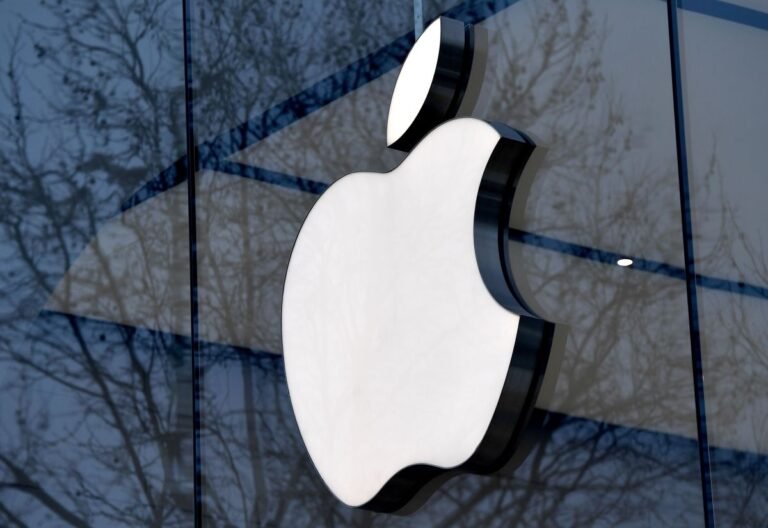
Apple was found to have engaged in anti-competitive behavior by keeping Fortnite exclusively on the App Store, which greatly diminished its competition. As a result of this decision, Epic Games…

Google’s partial motion for summary judgment highlights the company’s assertion that its business model with the app store is different from those of its competitors, and that any anti-competitive effects…

Apple’s antitrust designation means the Cupertino company can continue to price gouge rivals and remain unchecked for five years. As a result, rival electronics companies will likely seek legal action…

The lawsuit, filed by an anonymous former Meta employee, had alleged that the company was discriminatory and retaliatory in its hiring practices. Judge Stephanie Rose determined that there wasn’t enough…
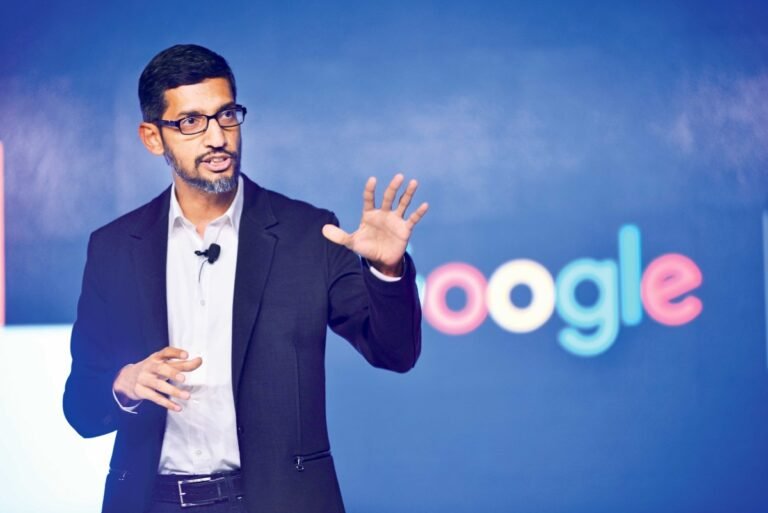
The ruling is a win for Google, as it provides some relief in the key overseas market of India. The company has been facing antitrust charges related to its abuse…










